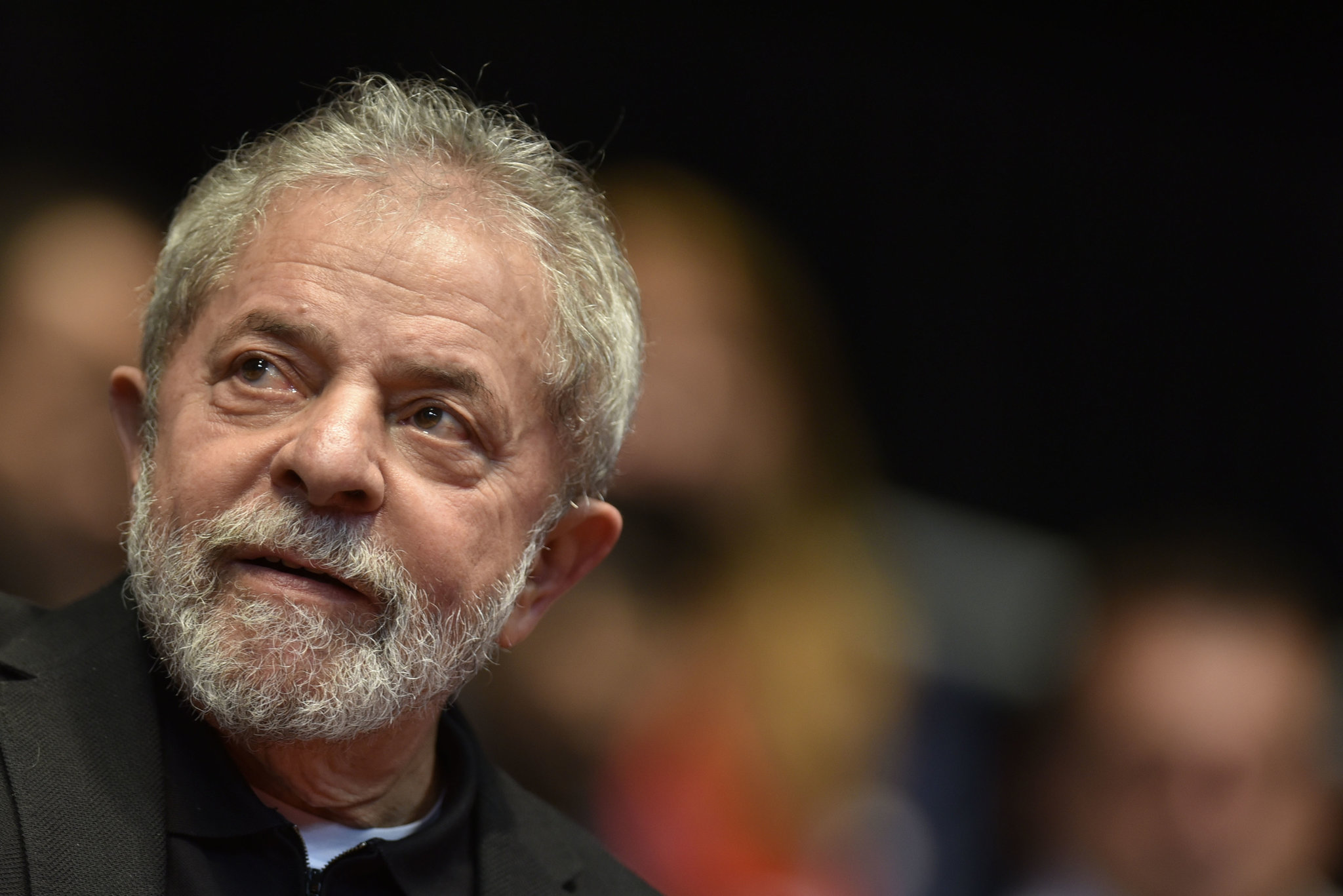In a recent meeting between President Luiz Inácio Lula da Silva and the Speaker of the House of Deputies, Arthur Lira, key decisions regarding a ministerial reshuffle were discussed.
This reconfiguration of the government will witness the integration of the Centrão, a political group often considered the polar opposite of the president’s party.
Despite their contrasting political orientations, parties such as the PP and the Republicans are set to occupy crucial positions within the government, significantly altering the political landscape.

The Centrist political grouping will gain control over the following:
- Ministry of Social Development (excluding the prominent Bolsa Família program) and
- Ministry of Ports and Airports;
- Presidency and 12 vice-presidencies of Caixa Econômica Federal;
- The leadership of Funasa (National Health Foundation).
Earlier, Lula had contemplated the future of the Ministry of Social Development, previously managed by Wellington Dias.
The Bolsa Família program, historically linked with the Workers’ Party (PT) governments, will now be overseen by the Ministry of Management and Innovation or the Civil House.
Deputy André Fufuca is slated to lead the Ministry of Social Development.
Given its numerous other initiatives and expansive state-level influence, he and the Centrist alliance consented to a ministry without the Bolsa Família.
Fufuca’s immediate return to Brasília post a call from the presidential palace suggests his imminent confirmation as the minister.
Certain political factions have expressed discontent over the reshuffle, suggesting potential political strains.
Before finalizing the ministerial changes, Lula is expected to consult with affected ministers. Luciana Santos hasn’t been approached yet about a potential role change.
Other notable discussions included:
- Bolsa Família will be moved to another ministry;
- At Caixa Econômica, Lula proposed Margarete Coelho for the presidency and allowed the Centrist group to nominate 12 vice presidents;
- The Republican party is poised to manage the Ministry of Ports and Airports, and Funasa. Leadership names are pending;
- Wellington Dias’ future role remains uncertain. Lula considers creating a new ministry for Micro and Small Businesses which might be led by Dias.
As Lula attempts to navigate this terrain, his administration could be seen as either resiliently adaptive or riskily ungrounded.
The balance will be decided by his capacity to satisfy the numerous interests at play and manage the politics of the Brazilian landscape.
However, if he successfully integrates the moderate right into his government, Brazil will be well-prepared for the unfolding events.

